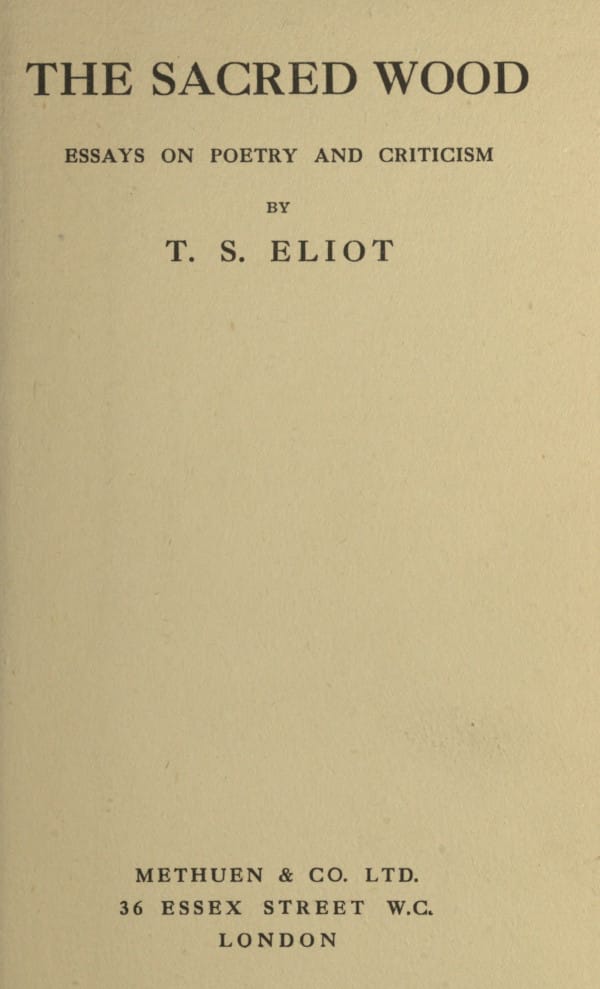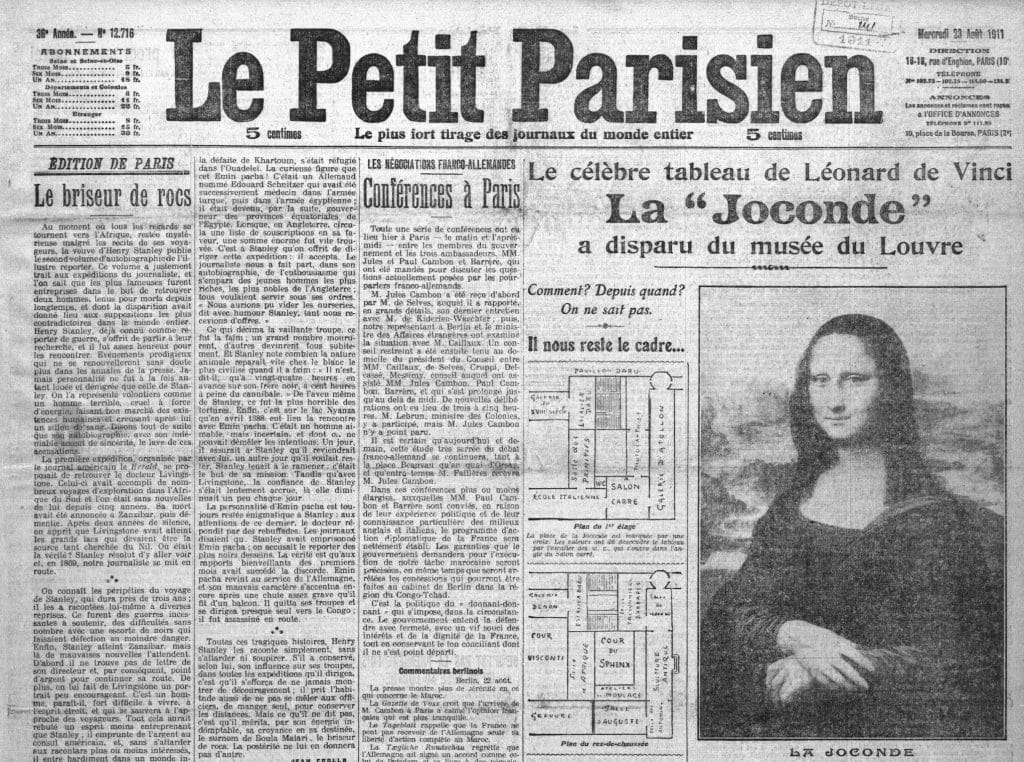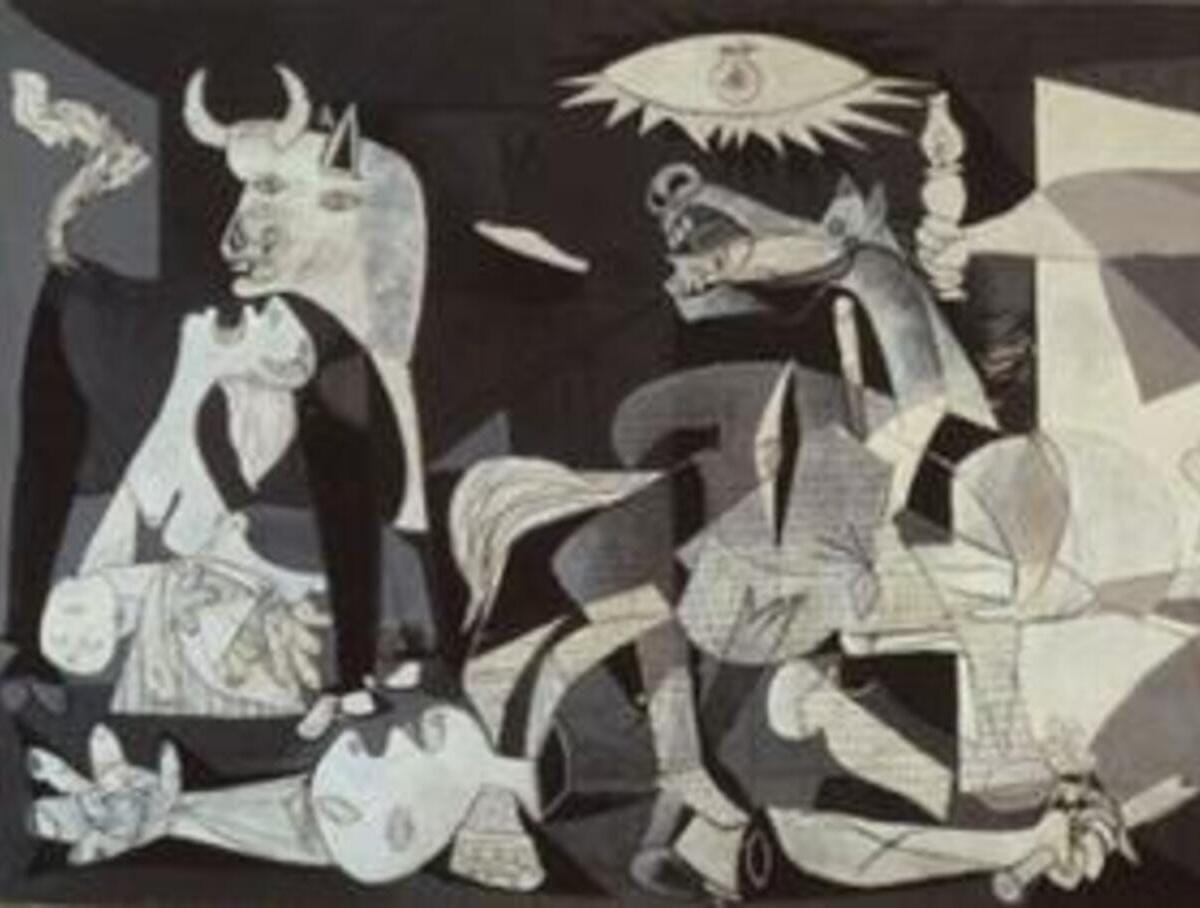On social networks you can often find a quote from Pablo Picasso that great artists have no shame in copying, much less stealing. We decided to check whether this aphorism belongs to him.
The phrase about artists and theft is found in a wide variety of blogs - from public on VKontakte, dedicated to decadence, to museums, shops decor and personal blogs. Of course, it is also in popular collections quotes. But most often the phrase comes across in connection with a statement by Apple founder Steve Jobs. In an interview with PBS in 1996, he talked about the work of the creator of computers and brought Take this quote as an example. Also, a phrase indicating the authorship of Picasso can be found on BBC website in the “Culture” section. Finally, the French version of the art magazine Artsper has story about how, after this phrase, Picasso was accused in 1911 of stealing the La Gioconda from the Louvre.
Neither in letters, nor in Pablo Picasso’s diaries is there a quote similar to the aphorism “Good artists copy, great artists steal.” It is also impossible to find it in the available memoirs about Picasso. However, the closest quote comes from Picasso’s contemporary, the modernist poet Thomas Stearns Eliot. The Sacred Forest: Essays on Poetry and Criticism contains article about the 17th century British playwright Philip Massinger, a follower of Shakespeare. Eliot, in this article and in the collection as a whole, discusses the principles of artistic creativity. In particular, the following phrase appears there: “Immature poets imitate; experienced poets steal."

Later this quote was given in a slightly modified form. So, in work on the early work of James Joyce by Marvin Magaleiner, the word “imitate” is replaced by “borrow”, and “poet” is replaced by “artist”
IN research about misattribution of quotes, released in 2017, author Garson O'Toole found an earlier version of the statement. In 1892 in Gentleman's Magazine appeared article “Imitators and Plagiarists”, where there was a phrase: “Great poets imitate and improve, while mediocre ones steal and spoil.” But its meaning is the opposite of what Eliot said.
In one form or another, over the course of several decades, the phrase about imitation and theft has appeared more than once. IN book about the music of the 20th century (1967), Peter Yates quoted the composer Igor Stravinsky: “A good composer does not imitate, he steals.”
The story about the connection between the quote and accusations of the theft of La Gioconda arose entirely as a result of confusion. Picasso was indeed suspected of involvement in a high-profile crime. In 1911, the famous painting by da Vinci disappeared from the Louvre, and the police raided the homes of two famous people from the art world: the poet Guillaume Apollinaire and Pablo Picasso.

Both were detained for several days. But the reason was completely different. Back in 1907, Apollinaire bought several antique figurines from his secretary Geri Pierre, which later turned out to be stolen from the same Louvre. Apollinaire and Picasso tried to get rid of the incriminating antiquities, but were afraid to throw them into the Seine. In the end, they gave them to a journalist they knew, but the poet and artist had to spend several days in prison for interrogation. It was not a matter of an untimely aphorism, but of possession of stolen goods. And the painting was found two years later in Florence.
Thus, there is no evidence that the phrase “Good artists copy, great artists steal” belongs to Picasso. The closest version of it came from the pen of Nobel Prize laureate in literature Thomas Stearns Eliot.
Cover photo: “Guernica”, fragment/Wikimedia Commons
Incorrect quote attribution
If you find a spelling or grammatical error, please let us know by highlighting the error text and clicking Ctrl+Enter.






